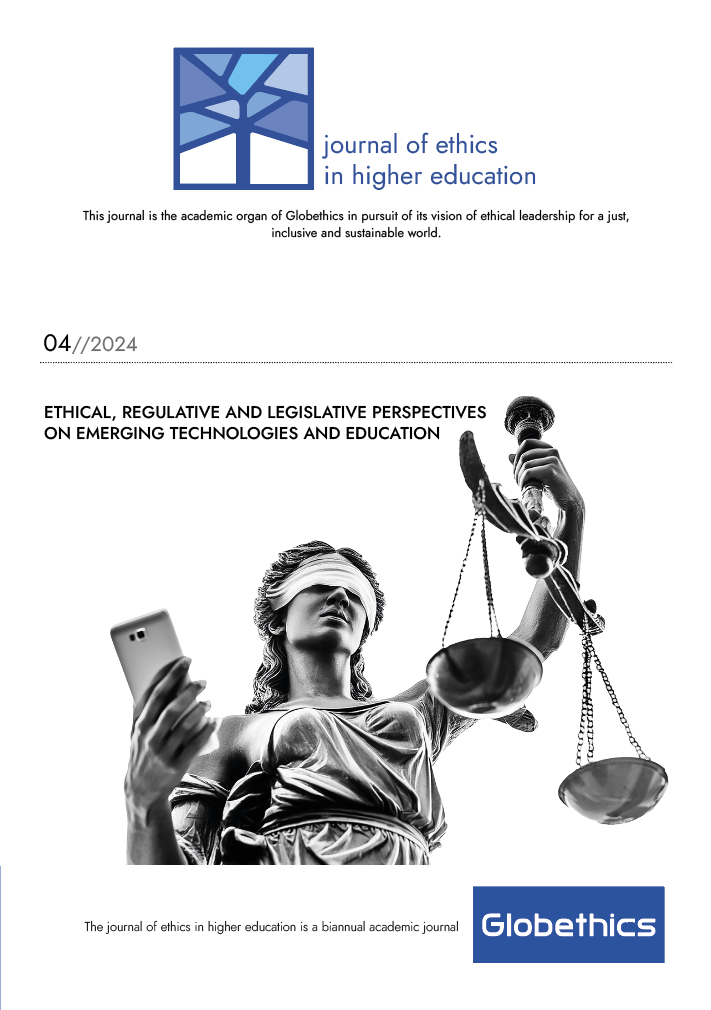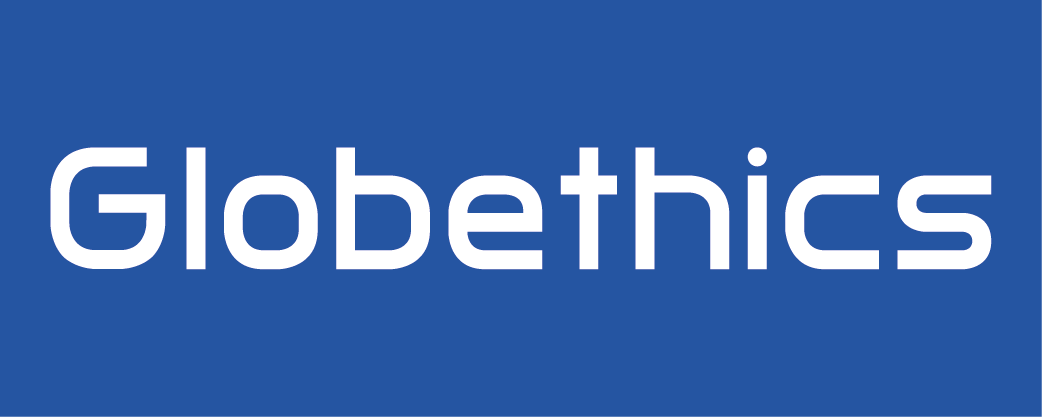Techno-solutionism a Fact or Farce? A Critical Assessment of GenAI in Open and Distance Education
DOI:
https://doi.org/10.26034/fr.jehe.2024.5963Keywords:
GenAI, techno-solutionism, academic integrity, critical theory of technology, ODE, Open and distance learning, generative artificial intelligence, ChatGPT and educationAbstract
Techno-solutionism (Ts) amplifies academic integrity issues endemic to using Generative AI in Open and Distance education (ODE). It (Ts) induces in Higher education (HE) the disposition that technology can and should be employed in every aspect of teaching, learning, and assessment. The prevalence of Ts in ODE and the consequence of undermining academic integrity is found in the surge in published papers. A 2023 study by Nature of over 1600 scientists reports that nearly 30% use GenAI to write papers, and 5% use it in grant applications. A 2024 Originality.ai report on 13,000 analysed papers on arXiv indicates a sudden increase of 200.42%, 44.68% and 22.04%, respectively, in Computer Science, Physics and Mathematics in papers published in Jan. 2019 and those published in Nov. 2023. Apr. 2024 paper on arXiv notes Computer Science to be the most prolific in LLM usage with up to 17.5% increase. The problem this study addresses is balancing the challenges and opportunities of GenAI in ODE. Is there a limit to AI use in ODE? How can we upsurge academic integrity in the age of AI? How might we rethink the culture of publish or perish in the age of AI? Adopting the scoping review methodology and discourse analysis, this paper analyses the gains and pains of AI in ODE. Leveraging the critical theory of technology, it recommends clear green and red lines on using AI in teaching, research, and assessment.
Downloads
Published
How to Cite
Issue
Section
License
Copyright (c) 2024 Helen Titilola Olojede

This work is licensed under a Creative Commons Attribution-NonCommercial-ShareAlike 4.0 International License.
Journal articles of Globethics Publications are published under the open Creative Commons License Attribution-NonCommercial-ShareAlike 4.0 International (CC BY-NC-SA 4.0), which guarantees the rights of licensor and allows free use and re-use to the licensees (the readers) who can: 1) Share — copy and redistribute the material in any medium or format 2) Adapt — remix, transform, and build upon the material provided appropriate credit is given and similar license is used in case of such adaptations. Content should not be used for commercial purposes. Each article (the version of record) can be deposited by the author on their academic institutional repository or personal author webpage.







